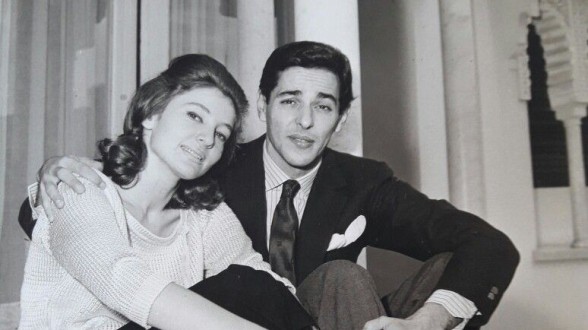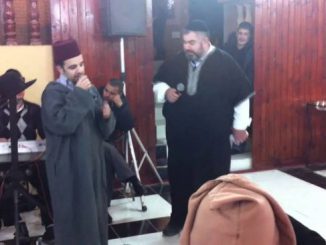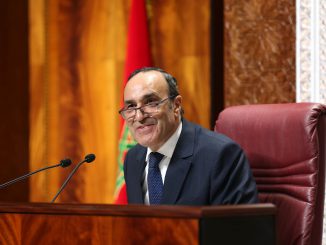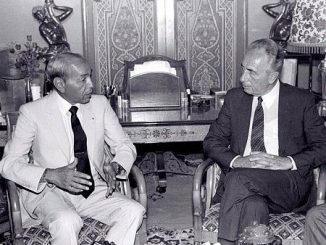
Beyond the official relations between Morocco and Lebanon, the two peoples are closely linked by long-standing relations built up by Moroccan scholars who settled, a long time ago, in the land of the cedars. Indeed, so much so that in several cities in Lebanon, zaouias are attributed to Moroccan saints such as the “Zaouia of the Magharibas”, the “Zaouia Hamra” and the Zaouia “Bab Msalla” in Beirut.
According to historians, Moroccans coming from Fez had reproduced souks similar to those of the spiritual capital by giving them the same names (Attarines, Nekkachines, Nahassines). The daily Al Akhbar reported in its Friday 14 August edition that Moroccan pilgrims returning from Mecca had settled in the country and married Lebanese women.
Marriages between the two peoples have not ceased since then, according to the number of marriage applications filed at the embassies of the two countries in Beirut and Rabat. The most famous of them remains that which united in 1961 the late Prince Moulay Abdallah with Lamia Essolh, daughter of the Lebanese political leader Riad Essolh.
Their meeting took place in 1957 during a party organized in Paris where they were pursuing their studies. The Moroccan prince and the Lebanese student fell in love from the very first moments of their meeting. Their love was so intense that the prince soon informed his father, the late King Mohammed V, of his wish to marry Lamia Essolh.
The daily Al Akhbar reports that although the palace traditions allowed the union of a prince only after the marriage of his eldest son, the late King Mohammed V finally gave in to the cry of his son’s heart. The King personally travelled to Beirut in 1959 to ask for Lamia Essolh’s hand in marriage, but the official marriage did not take place until 1961, a few days before the late sovereign’s death.
Although of Syrian nationality, former Defence Minister Mustapha Talass had very close relations with the Essolh family, via his wife Lamia Al Jabiri, who had strong family ties with Fayza Al Jabiri, Lamia Essolh’s mother. In his memoirs, Mustapha Talass recounts how he felt that General Oufkir was involved in a conspiracy against King Hassan II. He had informed the mother of Lamia Essolh who had taken the first plane to Rabat to advise King Hassan II of the intentions of the putschist general.
After the failure of the Oufkir putsch, the late Hassan II had praised General Mustapha Talass and kiddingly told President Hafed El Assad that he could sleep soundly, because there would never be any putschists in the Syrian army as long as Mustapha Talass was at his side.
There are many stories of marriages between Lebanese and Moroccans, in sports, music and business circles.
Thus, the Lebanese artist Maher Zine, known for his intellectual songs, and Aicha the Tangierian got married, just like his compatriot Ziad Borji, who married a Moroccan woman through Facebook. Many do not know that the former coach of the national football team, Henri Michel, had obtained Moroccan nationality and that like many others, he married a Lebanese woman with whom he lived until his death in 2018.




Be the first to comment